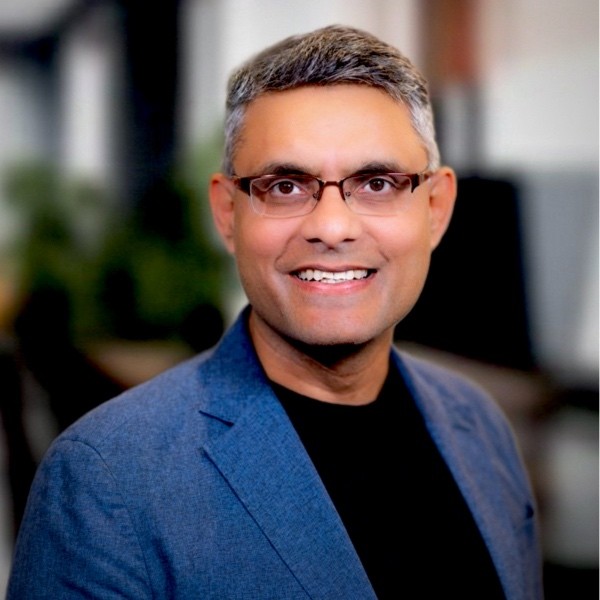Brightspot CPO Ravi Singh shares how IT leaders can use AI to streamline content, enforce governance, and scale securely.
Featured Episodes
Most Recent Episodes
Are data-driven decisions overrated? On this special roundtable episode, we challenge the conventional wisdom that more data always leads to better outcomes. Our guests, Kevin McEvilly, Andrew Fox, and Mike Della Porta, discuss the pitfalls of relying solely on analytics and the importance of human insight in crafting successful marketing strategies. Are you ready to rethink your approach?
On this episode, Andy Tay, Senior Managing Director, Cloud First Lead Accenture Cloud First, Accenture, discusses the critical role of digital transformation and AI readiness for businesses. He emphasizes the importance of establishing a strong digital core, which includes infrastructure, data strategies, and responsible AI practices, and he shares insights on the common pitfalls companies face when adopting AI and highlights successful case studies, particularly in the fast food industry.
On this episode, Janet Cinfio, Chief Information Officer of Acxiom, discusses the company's role in marketing intelligence and data management, the importance of balancing privacy with personalized marketing experiences, the need for responsible innovation in technology, and the significance of encouraging diversity in STEM careers.
On this episode, Ahmad Bahai, CTO of Texas Instruments, discusses the importance of innovation in the semiconductor industry and the challenges of meeting the increasing demands for faster, more efficient technology. He highlights the need for disruptive innovation to keep up with the exponential growth of data and the widening gap between hardware capabilities and demand. Bahai emphasizes the role of problem-solving and risk management in the innovation process, as well as the importance of talent and multidisciplinary approaches. He also touches on the power of human intuition and the limitations of AI in replicating it.
On this episode, Tony Lambert, CTO of TechSmith, discusses how TechSmith stays at the forefront of innovation by listening to customer needs, conducting research, and staying informed about industry trends. Plus, he explains why TechSmith has invested in content creation roles and how, in the future, video AI may be able to diagram manual skills, teach soft skills, and provide more advanced editing capabilities.
On this episode, Leslie Beavers, the acting Chief Information Officer for the Department of Defense, discusses the role and responsibilities of the Department of Defense (DoD) in defending the nation. The DoD is responsible for coordinating all IT efforts within the department, as well as warfighting command control and communications. With a budget of $60 billion annually and over 4 million people across the globe, Ms. Beavers emphasizes the importance of interoperability and integration within the department, as well as the need for a streamlined acquisition process and organizational change strategy.
On this episode, Sastry Durvasula, the Chief Information and Client Services Officer at TIAA, discusses how TIAA uses technology, including AI, to improve the retirement experience for its customers. He also digs into the challenges of integrating new sources of data and the need for companies to reimagine their approach to technology and innovation.
On this episode, Harpreet Suri, the CTO of K&L Gates, discusses the role of technology in the legal industry and how it is transforming the way law firms operate. She highlights the importance of ease of adoption and security when evaluating technology solutions for law firms, and she shares her insights on the future of the legal industry, including the use of AI in understanding slang, solving logical arguments, and sequencing screenshots, among other applications.
Babak Hodjat, CTO of AI at Cognizant, discusses the impact of advancements in AI and the factors that have enabled its rapid progress, including increased processing capacity, access to large amounts of data, and improved neural network architectures. Babak also highlights the importance of moving to the cloud and leveraging AI to make informed decisions.

































































